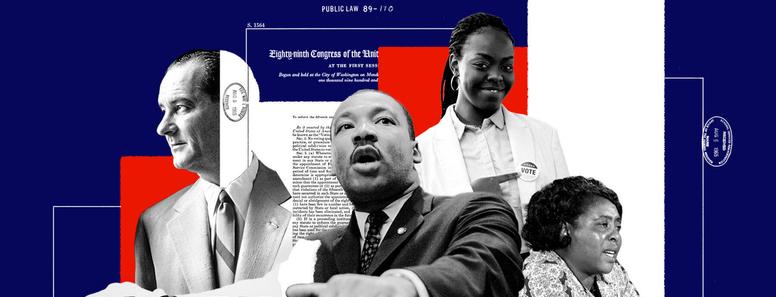After #Trump finally crashes and burns (I'm still saying I don't think he makes it to the mid terms, and I think it's more than possible he won't make it to the end of the year) we'll hear a lot of people say, "the system worked!" Today people are already talking about "saving democracy" by fighting back. This will become a big rally cry to vote (for Democrats, specifically), and the complete failure of the system will be held up as the best evidence for even greater investment in it.
I just want to point out that American democracy gave nuclear weapons to a pedophile, who, before being elected was already a well known sexual predator, and who made the campaign promise to commit genocide. He then preceded to commit genocide. And like, I don't care that he's "only" kidnaped and disappeared a few thousand brown people. That's still genocide. Even if you don't kill every member of a targeted group, any attempt to do so is still "committing genocide." Trump said he would commit genocide, then he hired all the "let's go do a race war" guys he could find and *paid* them to go do a race war. And, even now as this deranged monster is crashing out, he is still authorized to use the world's largest nuclear arsenal.
He committed genocide during his first term when his administration separated migrant parents and children, then adopted those children out to other parents. That's technically genocide. The point was to destroy the very people been sending right wing terror squads after.
There was a peaceful hand over of power to a known Russian asset *twice*, and the second time he'd already committed *at least one* act of genocide *and* destroyed cultural heritage sites (oh yeah, he also destroyed indigenous grave sites, in case you forgot, during his first term).
All of this was allowed because the system is set up to protect exactly these types of people, because *exactly* these types of people are *the entire power structure*.
Going back to that system means going back to exactly the system that gave nuclear weapons to a pedophile *TWICE*.
I'm already seeing the attempts to pull people back, the congratulations as we enter the final phase, the belief that getting Trump out will let us all get back to normal. Normal. The normal that lead here in the first place. I can already see the brunch reservations being made. When Trump is over, we will be told we won. We will be told that it's time to go back to sleep.
When they tell you everything worked, everything is better, that we can stop because we won, tell them "fuck you! Never again means never again." Destroy every system that ever gave these people power, that ever protected them from consequences, that ever let them hide what they were doing.
These democrats funded a genocide abroad and laid the groundwork for genocide at home. They protected these predators, for years. The whole power structure is guilty. As these files implicate so many powerful people, they're trying to shove everything back in the box. After all the suffering, after we've finally made it clear that we are the once with the power, only now they're willing to sacrifice Trump to calm us all down.
No, that's a good start but it can't be the end.
Winning can't be enough to quench that rage. Keep it burning. When this is over, let victory fan that anger until every institution that made this possible lies in ashes. Burn it all down and salt the earth. Taking down Trump is a great start, but it's not time to give up until this isn't possible again.
#USPol



